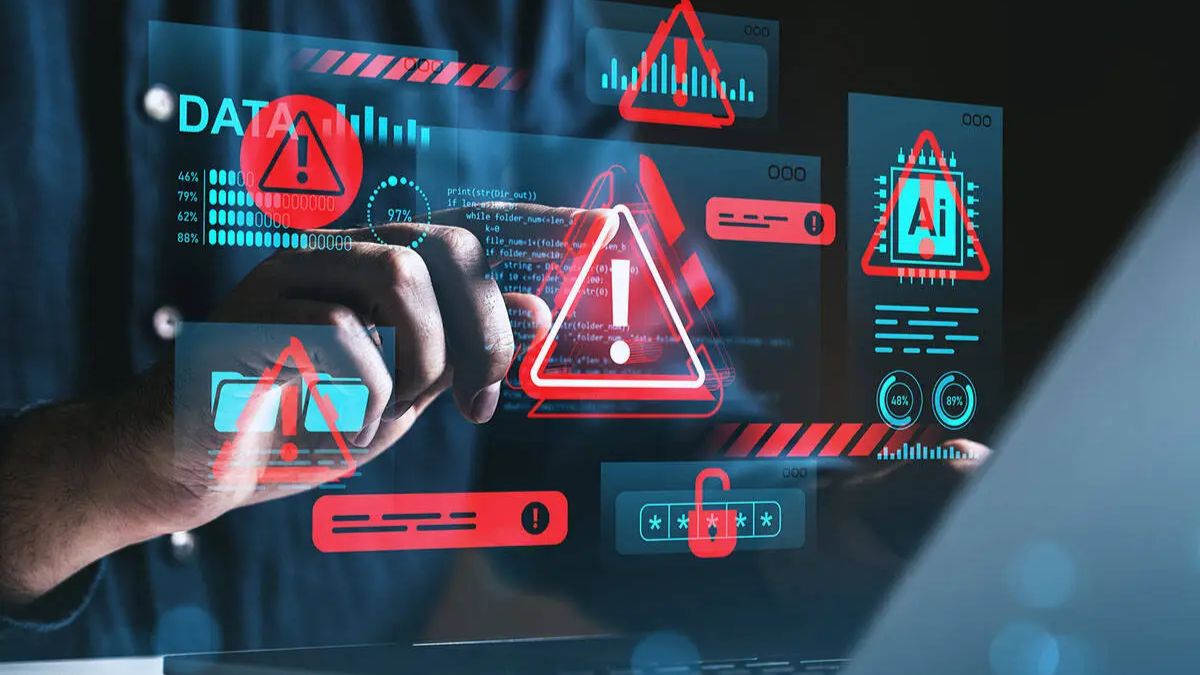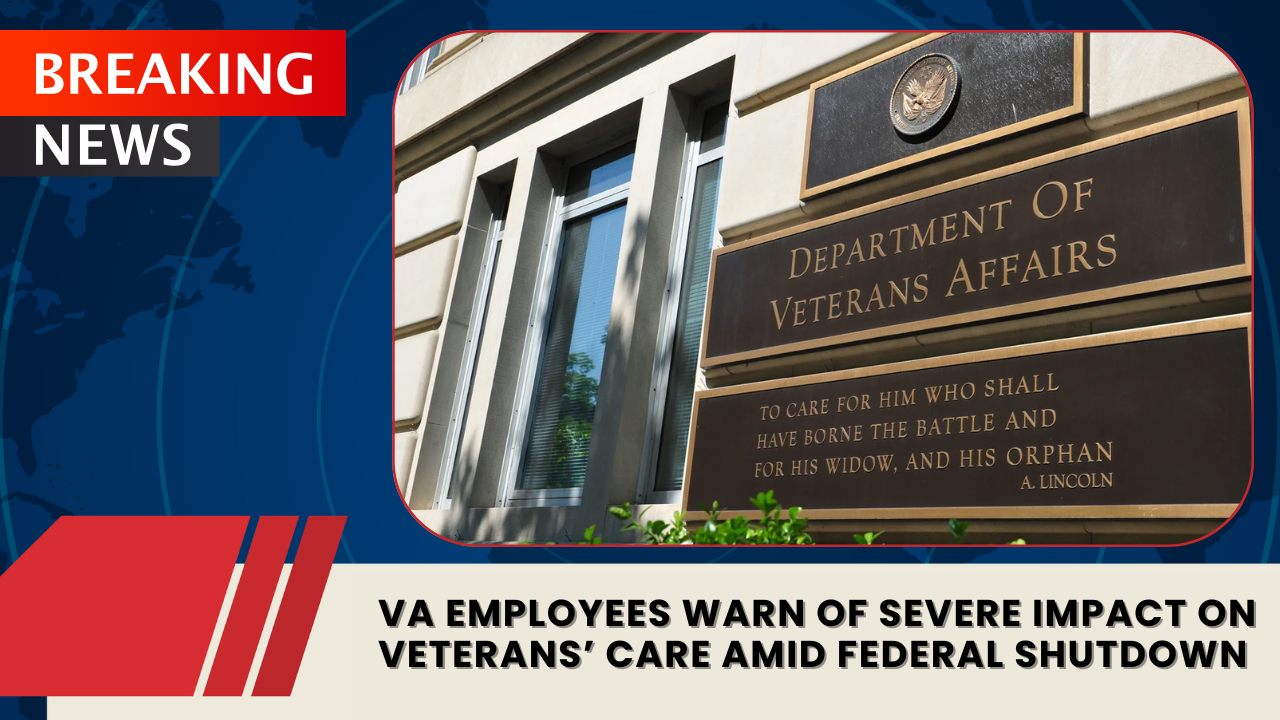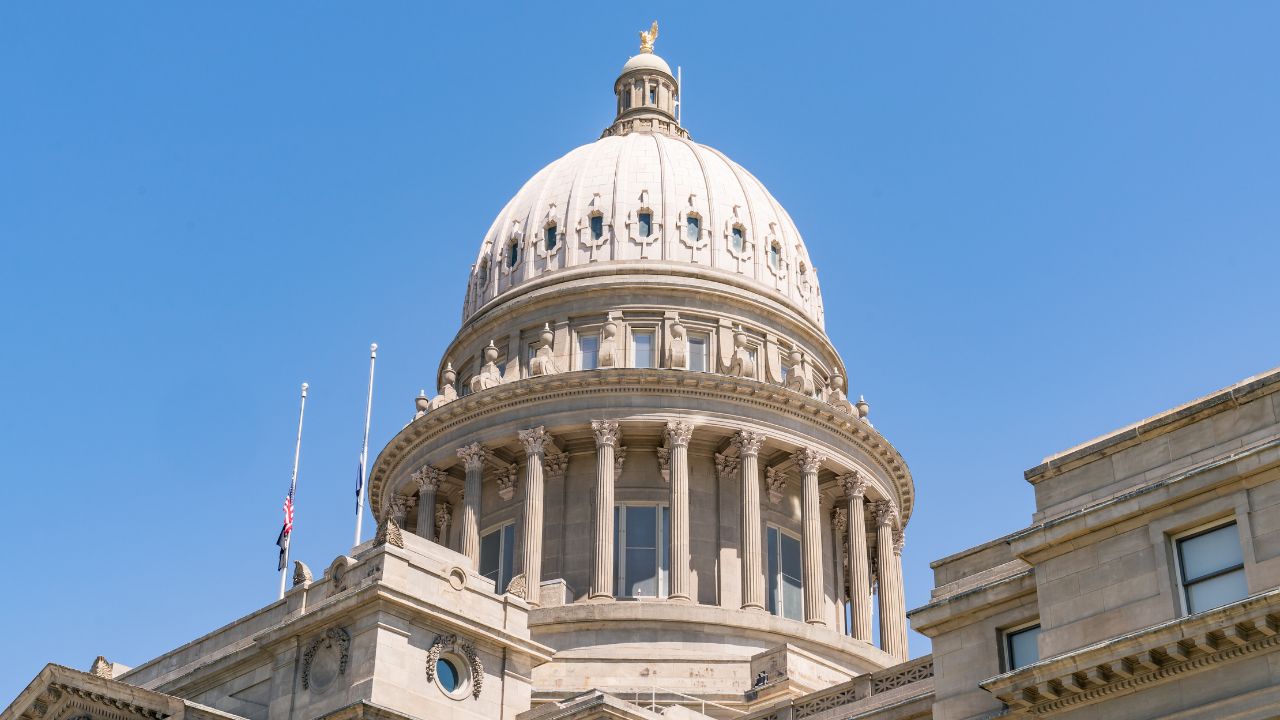Nevadans continue to feel the impact of the massive cyberattack that disrupted the state government for several weeks. Hackers exploited long-standing system vulnerabilities, forcing the shutdown of essential public services such as background checks and putting citizens’ personal data at serious risk.
The incident highlighted how fragile the state’s digital infrastructure has become and underscored the urgent need to reassess technology vendors that have supplied government systems for decades.
Rising Threats to U.S. Government Systems
While Governor Joe Lombardo pushes for new legislation to prevent future breaches, cybersecurity experts urge reflection on how such attacks occur. According to recent data, over 520 ransomware attacks have targeted U.S. government entities since 2018, leading to an estimated $1.09 billion in financial losses due to system downtime and recovery costs.
What’s even more alarming is that many of these attacks originate from foreign adversaries—including China, Russia, Iran, and North Korea. Though federal institutions like the Department of Defense (DOD) are frequent targets, recent years have seen a sharp increase in assaults on local and state governments, such as St. Paul (Minnesota), Fulton County (Georgia), and Aliquippa (Pennsylvania).
Microsoft’s Role in Government Cybersecurity Failures
Given the increasing number of foreign cyber threats, it is expected that technology providers serving U.S. agencies should implement robust security measures. However, Microsoft, a key software provider for federal, state, and local governments—including Nevada—has faced criticism for failing to do so.
A ProPublica investigation revealed that Microsoft sought to cut costs by using engineers based in China to maintain sensitive Department of Defense computer systems, reportedly without proper U.S. oversight. Even more concerning, Microsoft allegedly omitted references to these China-based operations in its official security compliance documents submitted to the DOD.
Such a lack of transparency and accountability has raised serious questions about whether Microsoft can be trusted to handle national cybersecurity responsibly—especially as it continues to maintain business ties with China, a nation identified as one of America’s primary cyber adversaries.
The Call for Accountability and Reform
The August 2025 Nevada cyberattack serves as a stark warning: the U.S. must reconsider its dependence on vulnerable technology vendors. Although Congress has already started discussions to hold Microsoft accountable and tighten oversight, state-level reforms are equally essential.
Nevada, and indeed the entire nation, must prioritize secure, transparent, and resilient digital systems to safeguard citizens’ data. The cost of inaction could leave sensitive information exposed to hostile entities, putting national security and public trust at risk.
The Nevada cyberattack is not just an isolated event—it’s a national cybersecurity wake-up call. To protect citizens and prevent future breaches, government agencies must demand accountable technology partnerships and enforce stringent cybersecurity standards. Nevadans deserve reliable systems that protect their information, their services, and ultimately, their future.



